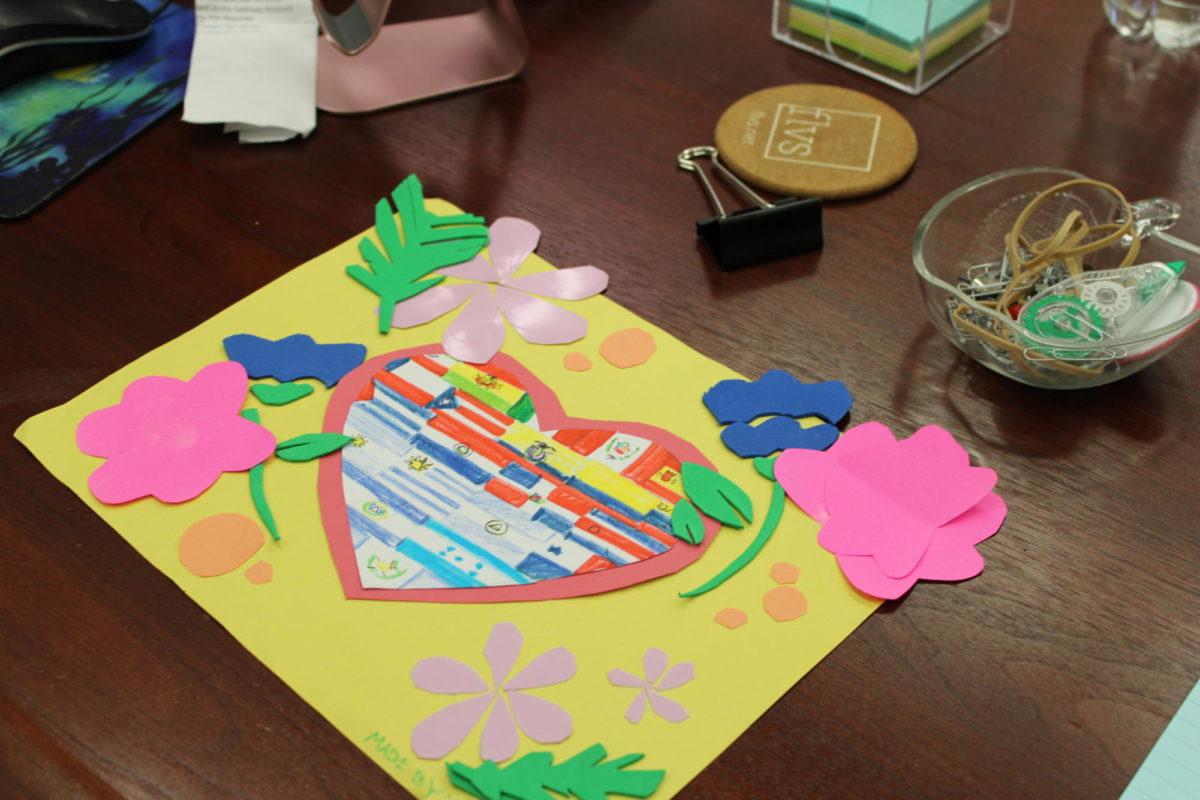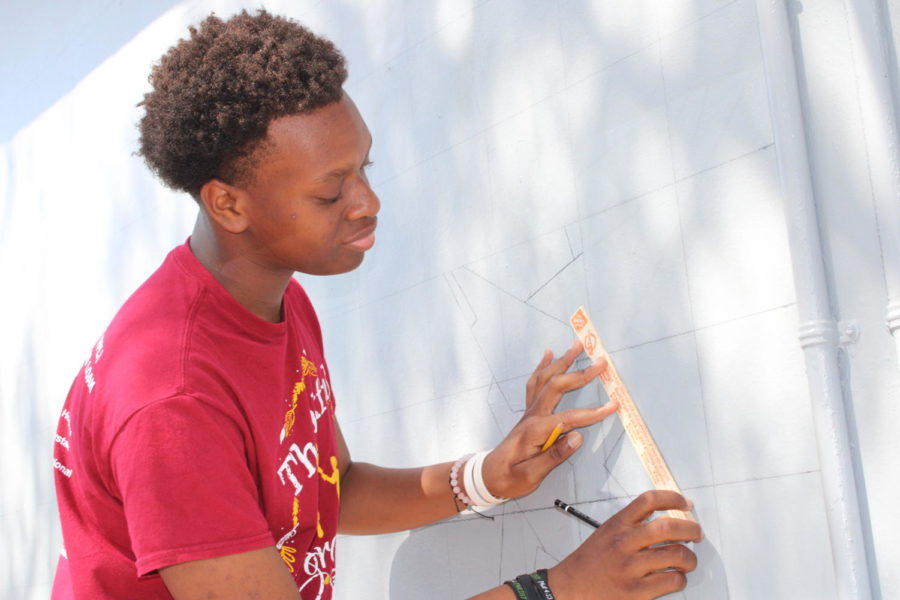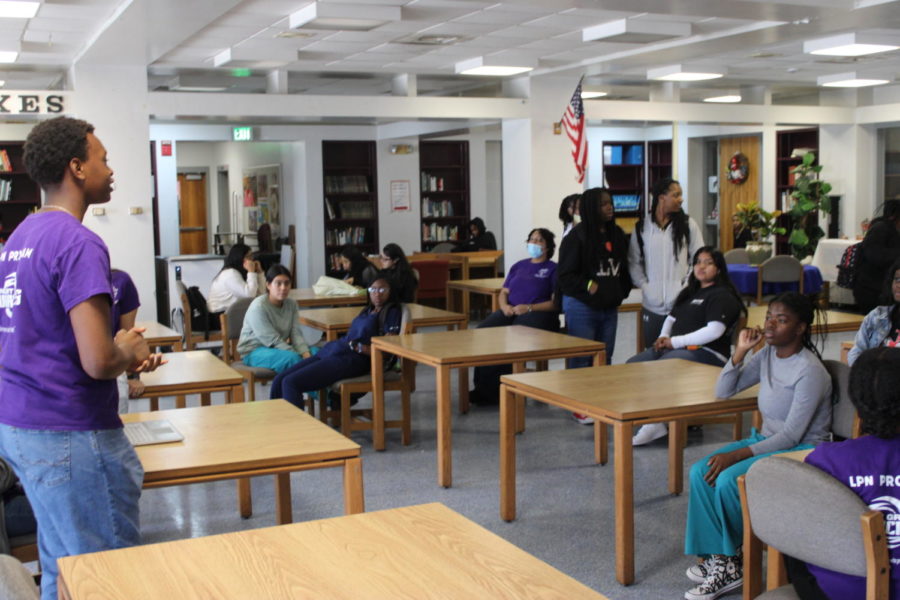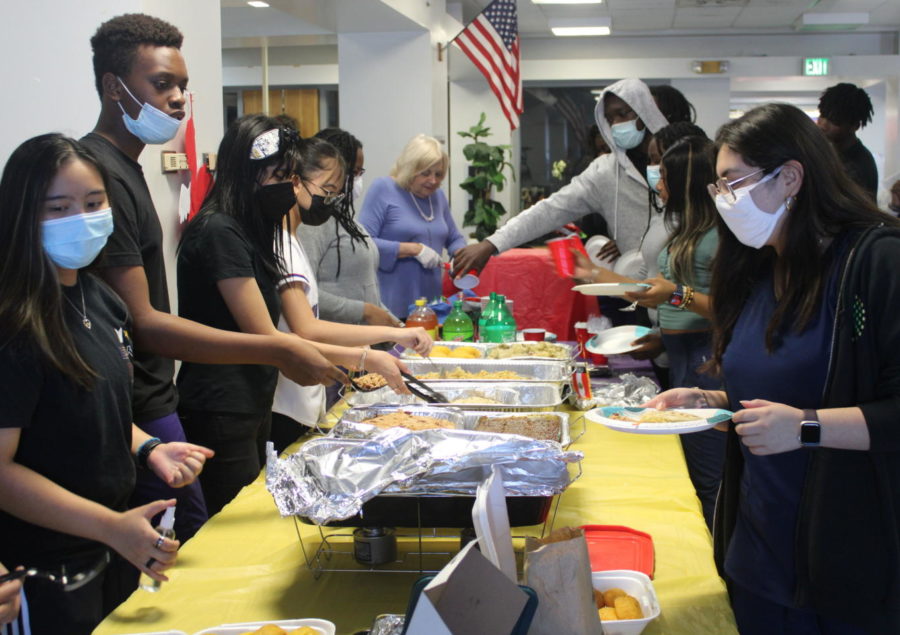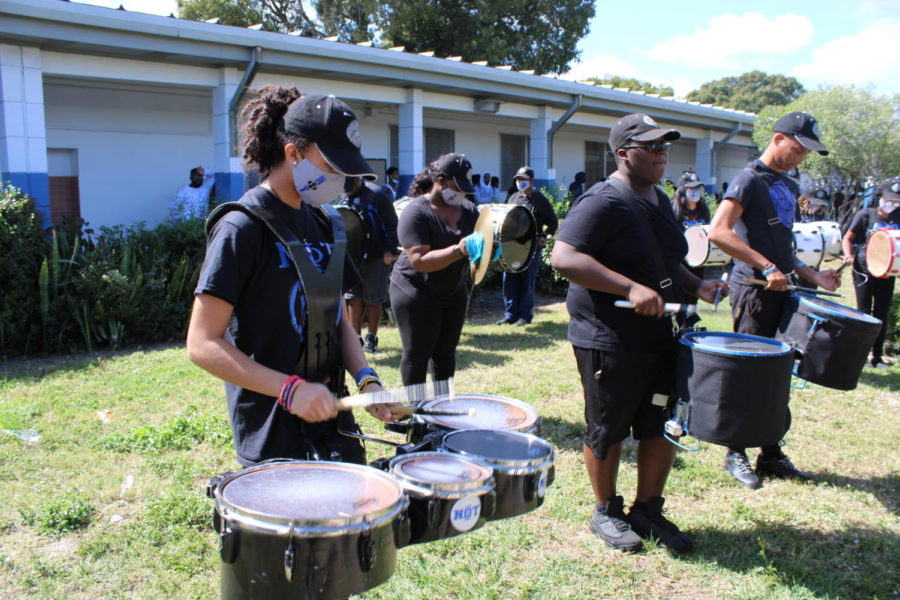Kwanzaa, created in 1966 by Dr. Maulana Karenga, was inspired by African harvest festivals. It serves as a cultural holiday for African Americans, aiming to strengthen community bonds, celebrate African heritage, and reinforce values critical for collective progress. The holiday’s name is derived from the Swahili phrase matunda ya kwanza (first fruits), symbolizing unity and gratitude for life’s blessings. Kwanzaa emphasizes self-empowerment, community building, and a deep connection to African roots. It celebrates cultural pride while fostering unity and hope for the future.
Some traditions are:
- Lighting the Kinara: Each night, a candle is lit to reflect on one of the Seven Principles of Kwanzaa (Nguzo Saba): unity, self-determination, collective work and responsibility, cooperative economics, purpose, creativity, and faith.
- Decorating with African Symbols: Homes are adorned with the Kinara, fruits, and a Mkeka (mat) to symbolize cultural foundations.
- Karamu Feast: On December 31, families and communities gather for a feast featuring African-inspired dishes, music, and storytelling.
- Reflection and Education: Each day includes discussions or activities related to the principles and cultural heritage.


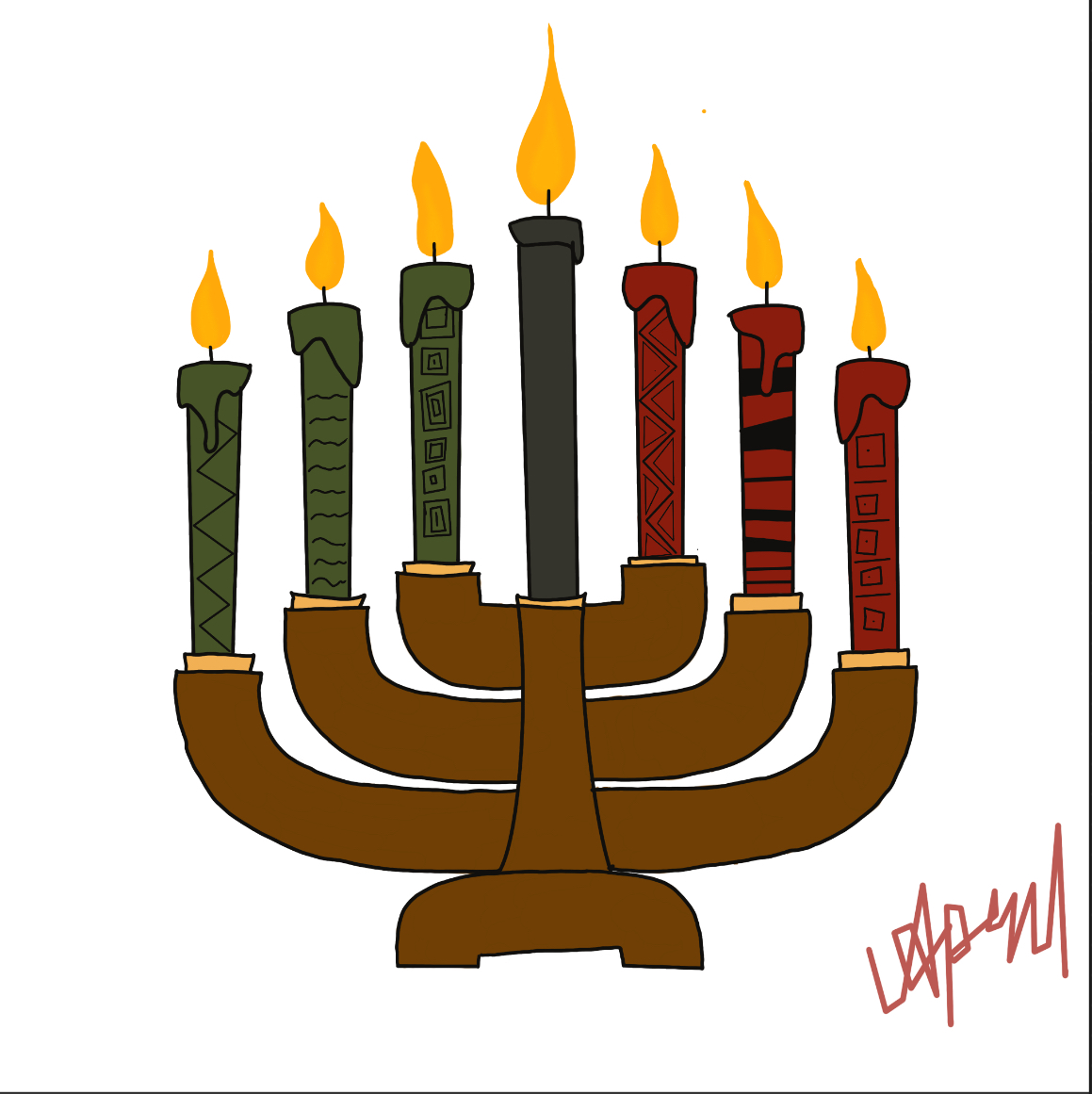

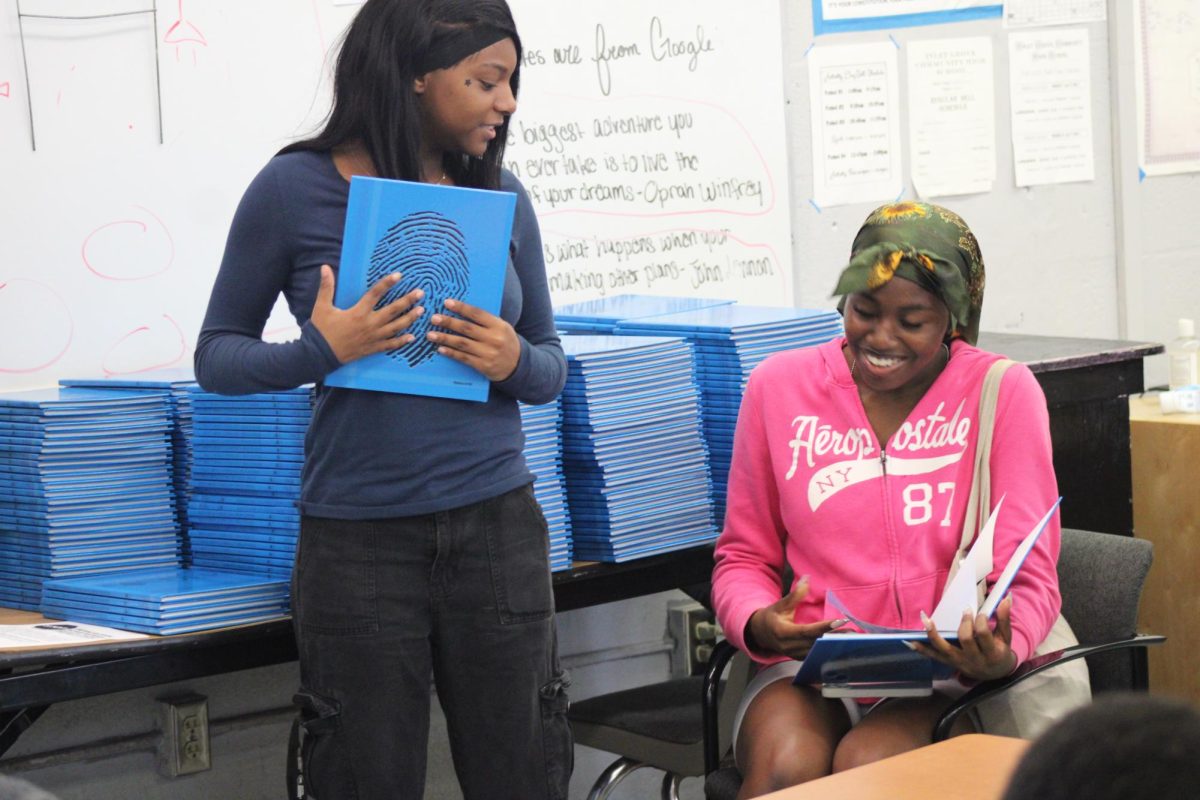
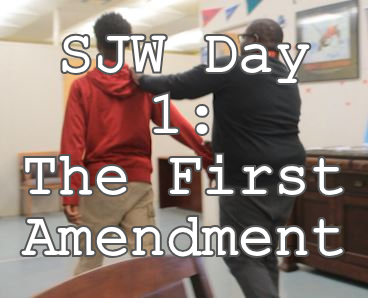
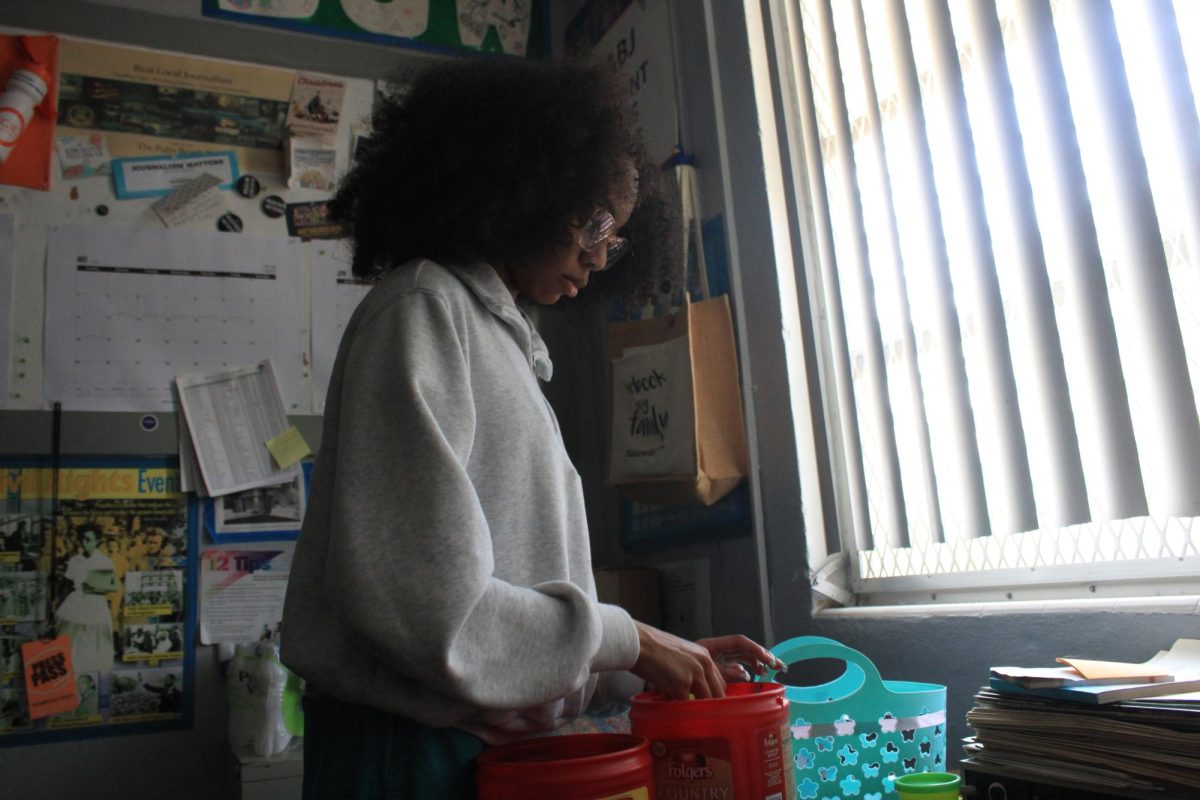
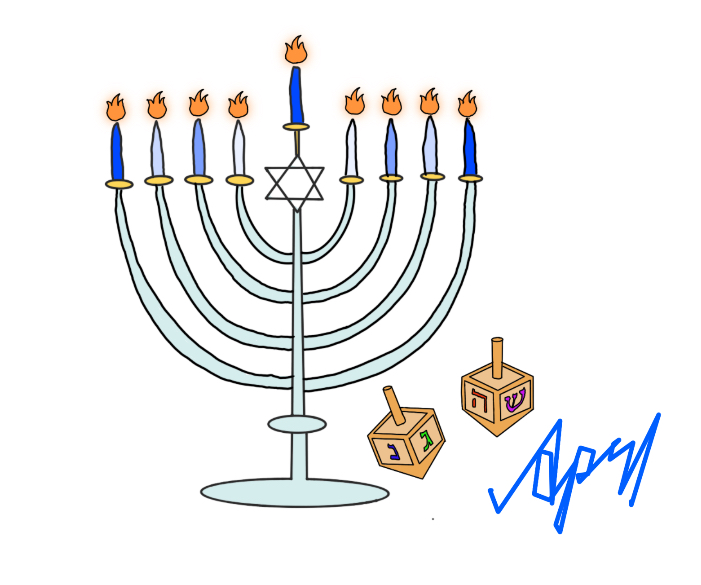
![gs ]sokd'g 'posadgdsjg](https://grovewatch.com/wp-content/uploads/2024/12/Screenshot-2024-08-30-12.44.23-PM.png)

